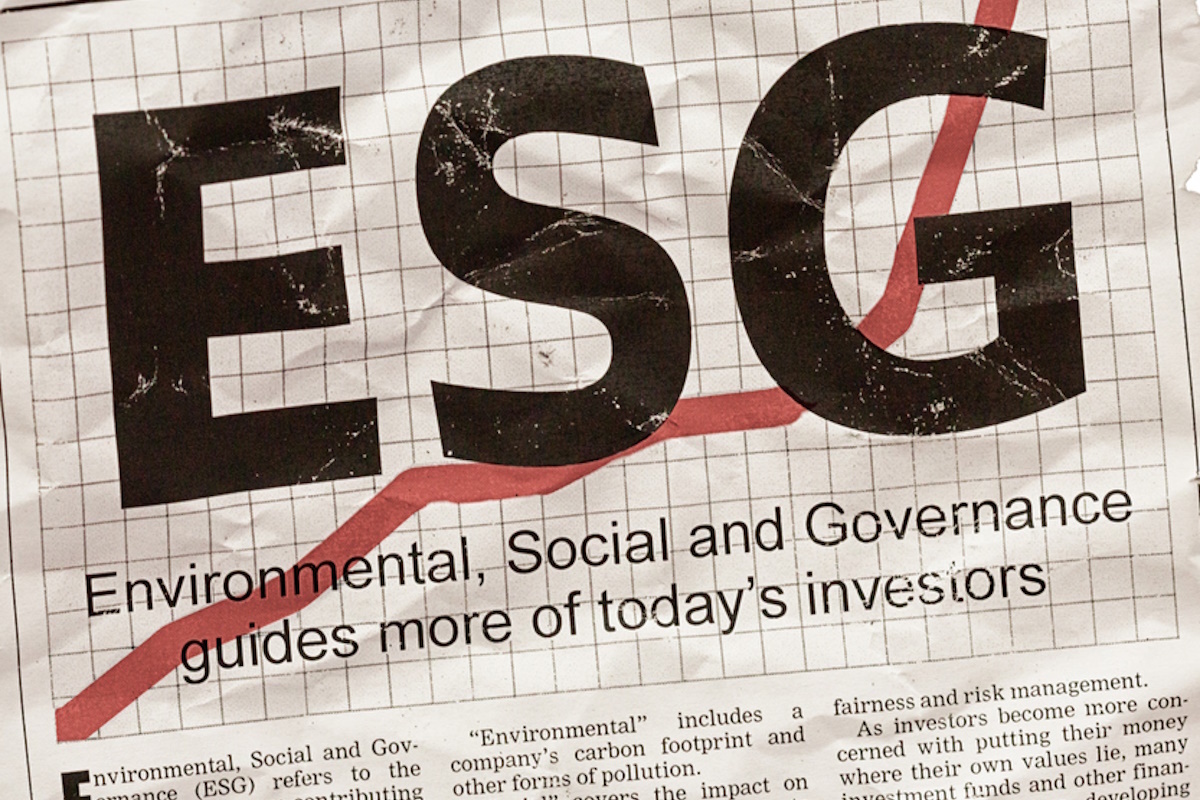The ESG imperative: FTSE 100 learnings for SMEs

Hein Scholten at OneStream discusses the growing demand for ESG reporting and how this is pressurising businesses to monitor and adapt
Regulatory changes, such as the EU’s Corporate Sustainability Reporting Directive (CSRD), will be introduced in January 2024 and is set to be the most extensive reporting requirement to date. Whilst this won’t apply to all businesses, this introduction means all organisations should have their ESG data collection, consolidation and reporting methods in place.
ESG requirements are no longer just for public or enterprise sized businesses, as the world changes, all businesses, regardless of size, are having to comply. To ease these pressures, progressive leaders are turning to AI-powered corporate performance management (CPM) and analytic software solutions to streamline reporting processes.
ESG reporting: top level impact and trickle-down effect
The EU’s CSRD will set the stage for more stringent regulations. The demand for ESG data is here to stay and has a firm seat on the corporate agenda.
Recent analysis by OneStream revealed that FTSE 100 businesses are increasingly mandating ESG reporting from their suppliers. 90% of Britain’s biggest companies will only work with suppliers who share their Environment, Social and Corporate Governance (ESG) credentials with a further 3% integrating the requirement this year.
What does this mean? Suppliers, regardless of business size, who want to work with industry leaders will need to ensure they have the necessary resources to align with a client’s ESG commitments. This shift is being driven by internal pressures through supply chains and externally, from customers, partners, and shareholders.
It’s important to note that this trend observed in the UK’s top companies is not limited to large enterprises. It provides a gateway to understanding the growing appetite for ESG data from all organisations, with pressure coming from all sides.
Advantages of reporting requirements beyond compliance
The value of these ESG disclosure frameworks go beyond just compliance. Robust data collection, consolidation and reporting shouldn’t be viewed as a tick-box exercise. Instead, it needs to be considered a strategic asset, enabling you to generate long-term value.
These frameworks help to validate strategy planning as they provide a roadmap to justify the risks and opportunities your business faces. These include aspects like carbon reduction, diversity and inclusion, biodiversity or how you contribute to the communities where you are operating.
Moreover, robust ESG planning and reporting strategies showcase your business’s commitment to long-term sustainability, helping to mitigate any greenwashing or greenhushing claims while enhancing your reputation among stakeholders.
SMEs and mid-market businesses should consider these evolving ESG policies as an opportunity to align with investment priorities, as well as a way to differentiate your business in the market.
Despite this growing pressure for ESG data, only one-fifth (20%) of business leaders agree that the current levels of reporting are of a good quality. A lack of standardisation of ESG rules and regulations are some of the pain points faced by organisations.
To relieve some of these pressures, a great place to start is collecting environmental metrics
on emissions, waste and water usage as well as social metrics. These are universal across standards and make it easier build on this data for any format, for whichever framework you require to align with in the future.
As businesses sometimes feel like they’re trying to hit a moving target, it can be difficult to understand what to collect and how. By utilising AI and ML-powered CPM software solutions, businesses can overcome these barriers to collect, report and plan with accurate, reliable ESG data.
Utilising software for streamlined impact
As reporting regulations begin to shift to mandatory from voluntary, it’s important to know that these will require the same level of rules, accuracy, controls and checks as financial reporting.
In similar models that are used for financial reporting and planning, CPM solutions enable businesses to collect accurate and reliable data by aligning ESG requirements in a comparable format and with full audit trails.
With robust data collection, reporting and analysis processes in place, businesses can analyse and manage ESG initiatives on a monthly, quarterly, and yearly basis, with the confidence that their externally reported metrics are both complete and auditable.
Unlike Excel, which lacks the level of control needed, CPM software solutions provide flexibility and accuracy without the risks associated with manual data handling. Within this is the dismantling of data silos. This is where businesses can create ESG insights across departments which makes it easier to identify and action performance improvement areas.
These solutions also allow organisations to explore the potential impacts of ESG policies on financial results and long-term business value. This is performed through planning and what-if scenario modelling which helps businesses make informed decisions, set realistic ESG goals, and understand the financial implications of ESG initiatives.
Preparation is key to resilience and success
Businesses who have their ears to the ground are able to adapt at pace and meet evolving stakeholder expectations. Success requires staying informed on evolving ESG regulations, industry trends and having software solutions in place that allows organisations to proactively plan, analyse and assess their ESG initiatives.
By recognising the power of modern CPM software solutions for financial, operational and ESG planning, reporting and analysis processes, businesses can not only anticipate these market changes and manage risks but are also enabled to identify their own growth opportunities to thrive.
Hein Scholten is Senior Director of ESG Strategy at OneStream
Main image courtesy of iStockPhoto.com

Business Reporter Team
Related Articles
Most Viewed
Winston House, 3rd Floor, Units 306-309, 2-4 Dollis Park, London, N3 1HF
23-29 Hendon Lane, London, N3 1RT
020 8349 4363
© 2024, Lyonsdown Limited. Business Reporter® is a registered trademark of Lyonsdown Ltd. VAT registration number: 830519543





